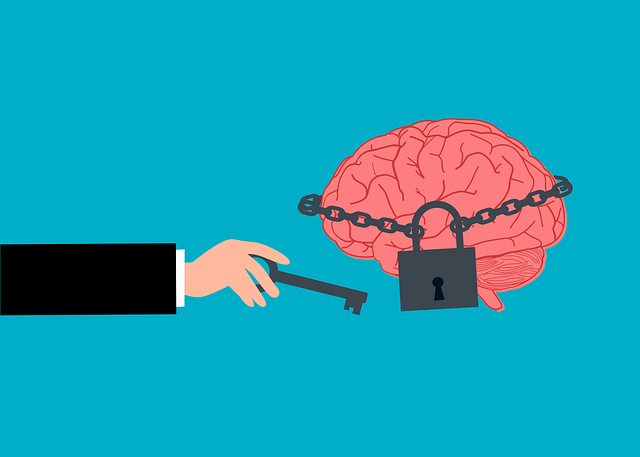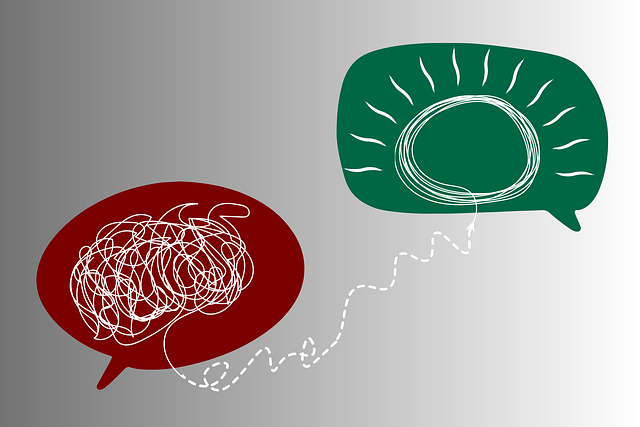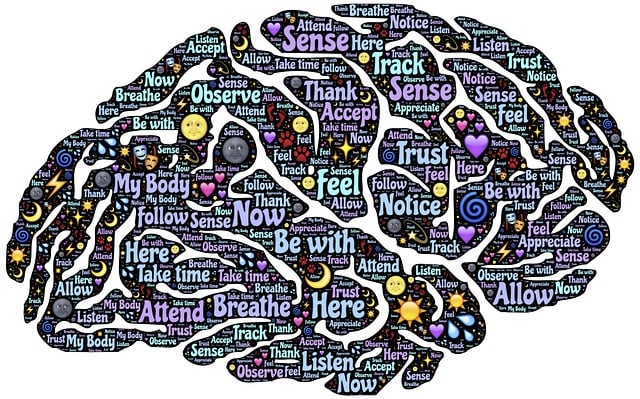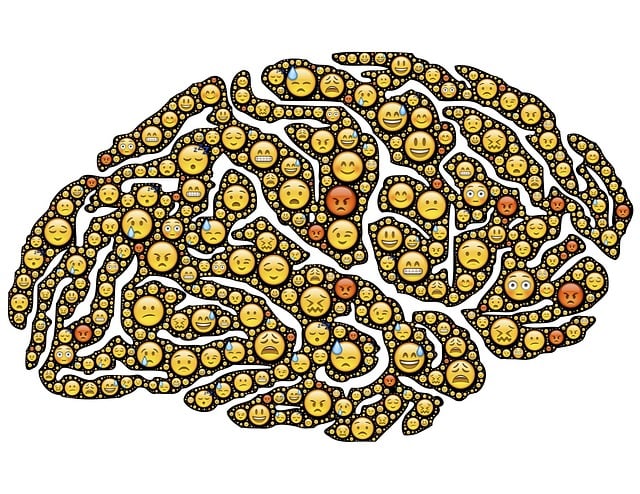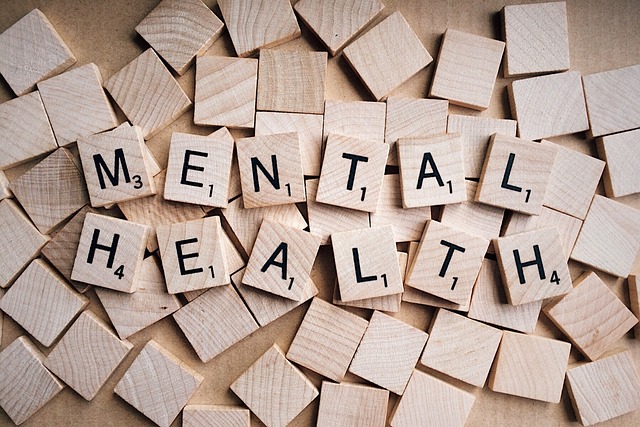Mental health advocacy is crucial for building healthier Denver relationships, especially when combined with communication therapy. By creating safe spaces for emotional expression without judgment and employing empathy strategies like active listening, couples can strengthen bonds and enhance communication. Increased mental health awareness and emotional intelligence enable constructive conflict resolution, leading to a more fulfilling and resilient partnership. Programs like Compassion Cultivation Practices from organizations like the Stress Management Workshops Organization teach effective communication techniques, empowering Denver couples facing communication issues in therapy to understand and support each other's mental health challenges.
Mental health advocacy plays a pivotal role in fostering healthy relationships, especially among couples navigating life’s challenges. This article delves into the intricate dynamics between mental health and interpersonal connections, highlighting communication barriers commonly faced by couples. We explore effective strategies to enhance open dialogue and mutual support. Furthermore, we provide an insider’s guide to Denver-based resources for couples seeking therapy, offering insights on specialized services and local accessibility. Finally, we emphasize the broader reach of advocacy, encouraging community engagement and policy changes to build a more supportive environment for mental health awareness in Denver and beyond.
- The Role of Mental Health Advocacy in Relationships
- – The impact of mental health on couples dynamics
- – Identifying communication barriers related to mental health
The Role of Mental Health Advocacy in Relationships

Mental health advocacy plays a pivotal role in fostering healthier relationships, particularly when coupled with effective Denver couples communication issues therapy. Advocacy isn’t just about speaking up for oneself; it involves actively supporting and amplifying the voices of others, especially those facing mental health challenges. In the context of relationships, this translates to creating an environment where both partners feel safe to express their emotions, fears, and struggles openly without fear of judgment or stigmatization.
Empathy building strategies, a cornerstone of emotional intelligence, are crucial tools in mental health advocacy. By practicing active listening, validating feelings, and reflecting experiences, couples can strengthen their bond and improve their communication. Increased mental health awareness and emotional intelligence enable partners to navigate conflicts constructively, promote understanding, and provide the necessary support for each other’s well-being. This, in turn, contributes to a more fulfilling and resilient relationship, enhancing overall mental health and quality of life in Denver and beyond.
– The impact of mental health on couples dynamics

Mental health plays a profound role in shaping the dynamics of couples’ relationships. In Denver or any other city, couples experiencing communication issues often find their emotional connections hindered by underlying mental health challenges. One partner’s struggle with anxiety, depression, or trauma can create a distance that affects intimacy and understanding within the relationship.
Therapy has proven to be a powerful tool in addressing these dynamics. Through Denver Couples Communication Issues Therapy, partners can learn effective self-care practices and emotional well-being promotion techniques, fostering improved self-awareness exercises that strengthen their bond. By tackling mental health head-on, couples can enhance their communication, rebuild trust, and cultivate a deeper sense of support for each other’s overall mental health.
– Identifying communication barriers related to mental health

Mental health advocacy initiatives often face significant communication barriers that hinder effective support and understanding. In Denver, couples struggling with mental health issues may experience unique challenges due to the intricate nature of their circumstances. Communication issues can arise from a myriad of factors, such as heightened emotions, stigma, or difficulty expressing feelings, leading to misunderstandings and increased stress within relationships. For instance, a couple might struggle to articulate their experiences, causing frustration and isolation.
The Stress Management Workshops Organization in Denver has recognized these barriers and implemented programs like Compassion Cultivation Practices to foster open dialogue. By teaching effective communication techniques, including active listening and Conflict Resolution Techniques, these initiatives aim to empower individuals and couples to navigate their mental health journeys together. Such approaches promote understanding, reduce conflict, and encourage a supportive environment where seeking help is normalized, ultimately improving the accessibility of mental health resources for Denver Couples facing communication issues in therapy.
Mental health advocacy plays a pivotal role in fostering healthy relationships, especially among couples. By understanding the unique challenges that mental health issues present in intimate partnerships, individuals in Denver can navigate communication barriers and seek support through therapy. Identifying and addressing these issues early on is key to enhancing connection and overall well-being, ensuring a more robust and resilient relationship dynamic. Through advocacy, education, and accessible therapy options, couples in Denver can work towards breaking down stigmas and creating a supportive environment for open dialogue about mental health.

